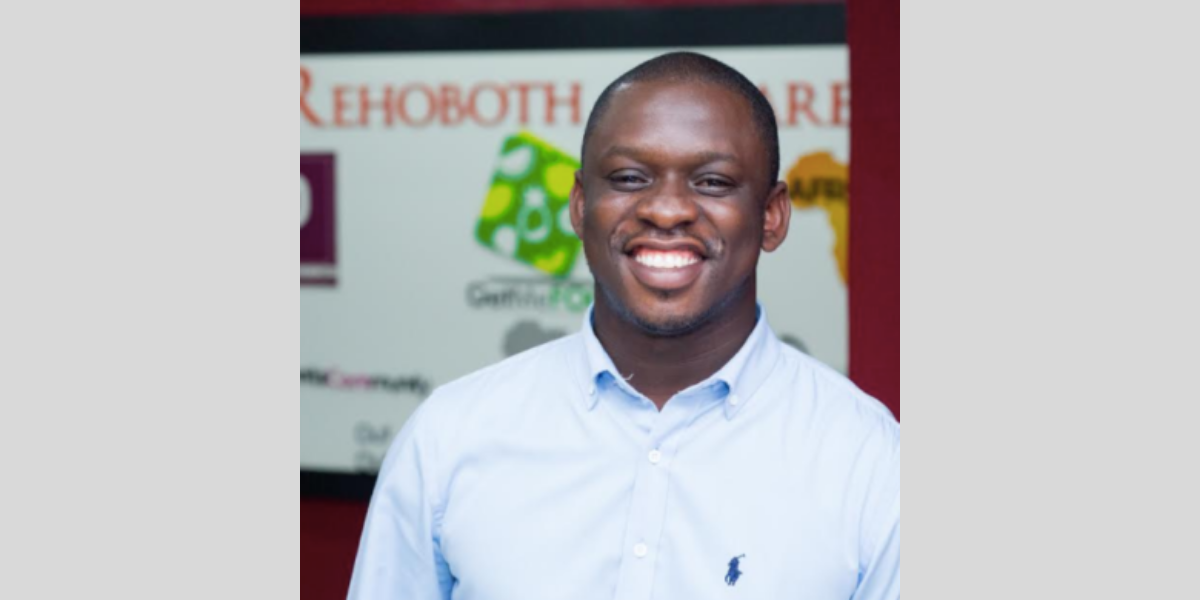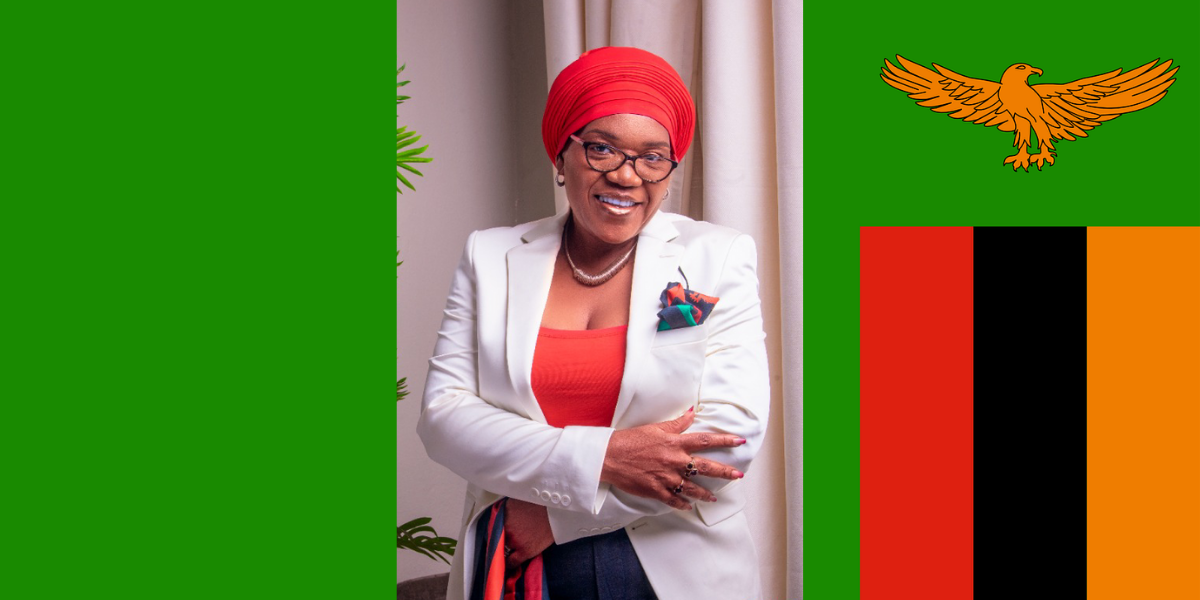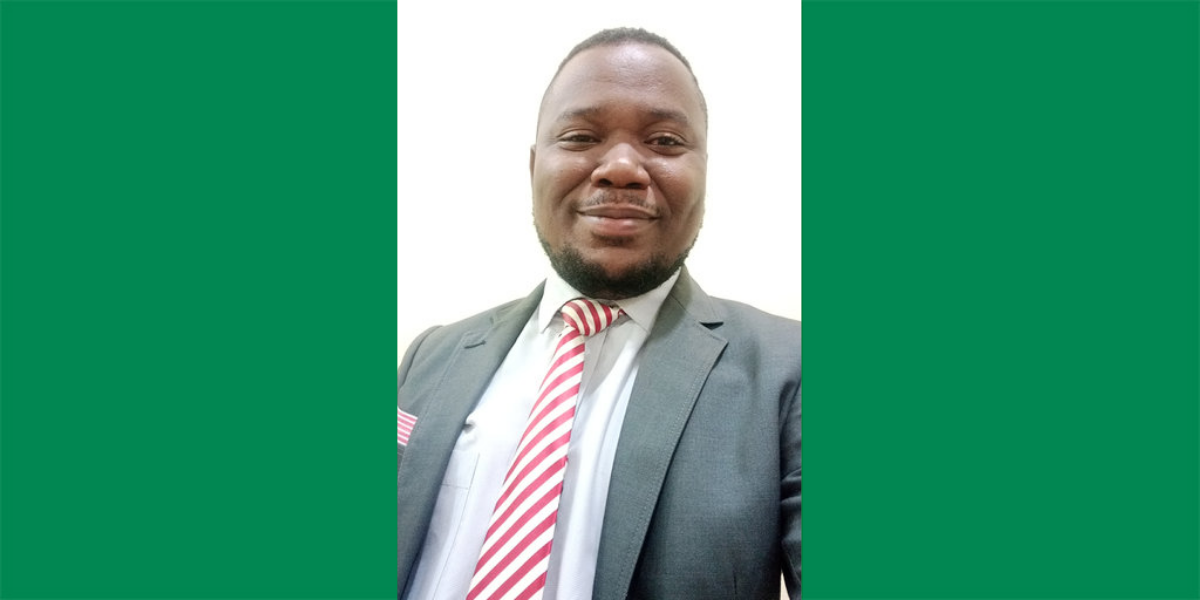
Emmanuel Leslie Addae is a serial social entrepreneur and a chartered accountant by profession with 10 years` experience in managing and consulting for small and medium scale business in Ghana. He is passionate about entrepreneurship, development, capacity building, social change, digital innovations, ideas worth spreading and lastly creating solutions.
Dr Akanimo Odon recently interviewed Emmanuel to find out a little more about him and his opinions and experience in research and strategic partnerships.
Please briefly share with us your professional history.
I started my first company in 2011 called QualityRole Ghana, a consulting firm, focusing on business restructuring, business financing and strategies right after my first degree. After a while I sold the rights to a company in Dubai called QualityRole Dubai. In 2016, I co-founded Africa Skills Hub with my long standing partner with the main focus on building skilled African youth as agents of the next generation.
Give us a sense of your current work as Chief Executive at the Africa Skills Hub and affiliations.
Africa Skills Hub is a youth international non-governmental organization (INGO) based in Accra, Ghana and working throughout the African continent to build skilled African youth as agents of change using the social enterprise paradigm which involves the application of disruptive approaches to community and grassroots development.
Our work at Africa Skills Hub is very simple, we support young people to find opportunities either through starting a business or finding the right job. Through that, we created an online platform called TalentsinAfrica as a matchmaking platform that connects job seekers with recruiters.
You work a lot with young people, can you share with us the key challenges to developing the capacity of young Africans?
These are a few of the challenges I can share with you, based on my encounter with young people;
- The main issue Africa’s youth faces is inadequate training with the relevant skill sets needed to take up opportunities in the digital, agricultural, industrial, political and the service sectors;
- Most policies ranging from education and leadership to job creation are not geared towards empowering the youth to tackle most of the problems in our societies;
- The youth have not been given the platform to showcase their skill set in order to enhance both their physical and intellectual capability.
What has been your experience with developing and managing strategic partnerships to support capacity building?
I will start by saying, there’s no way of knowing what floats in the boat until it has been implemented and tested. A successful partnership must be built on a solid growth strategy and must make sense from a capabilities perspective. The goals, values and culture of the partners should be aligned. Having the right infrastructure and the timing of the venture can be critical depending on the targeted market. You really need to explore all possible motivations. What people say and what people mean are often two very different things so it’s best to create a formal agreement that sets out what you both expect from the partnership and make sure you smash your side of the deal.
Can you tell us your connection with the RECIRCULATE project which is a capacity building project in itself. Is there anything you have learnt on or about the project?
I joined the RECIRCULATE project to learn more about entrepreneurship and also act as the community to give feedback on some of the research work done by the researchers. I have enjoyed every part of the project, especially the capacity building exercises and the networking sessions.
In your opinion, what are the key opportunities for skills development in Africa?
In my opinion, there are several private training providers ready to fill the gap left by declining public investment in training. Development of human capital not only leads to higher worker productivity but also facilitates the absorption of workers into the economy and improves their job mobility. This helps in reducing skills bottlenecks significantly and enhances the efficiency of the labour market. Investment in human capital also enhances business and technological innovation by improving the capacity of workers to apply and adapt existing knowledge and processes as well as make new discoveries.
This month of May is the Capacity Building Month of the PARTICIPATE with RECIRCULATE and ACTUATE Programme. Can you tell us what in your view are the three key SDGs that the project attends to?
SDG 4: Ensure equal access for all women and men to affordable quality technical, vocational and tertiary education, including university;
SDG 5: Achieve gender equality and empower all women and girls;
SDG 8: Substantially reduce the proportion of youth not in employment, education or training.
Any final thoughts please?
I am happy to be part of the RECIRCULATE project and I look forward to more networking sessions.
All articles in The FLOW are published under a Creative Commons — Attribution/No derivatives license, for details please read the RECIRCULATE re-publishing guidelines.




